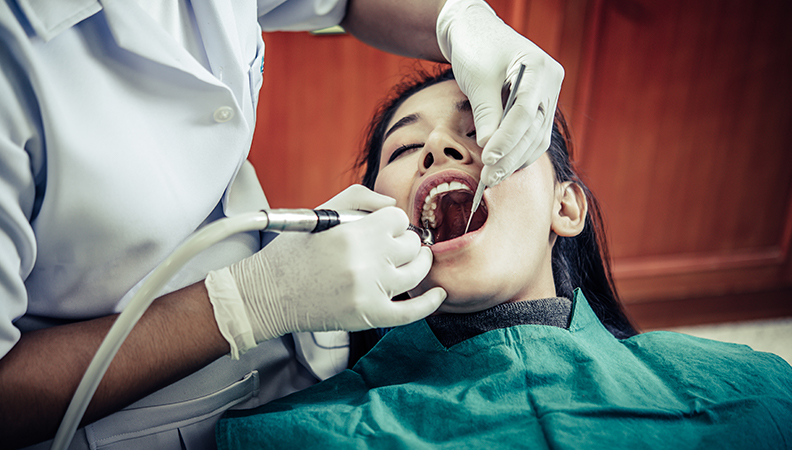Subtotal $0.00
Grinding or clenching teeth, known as bruxism, can lead to permanent tooth damage, strain on your jaw, and other oral health issues.
If you or a family member has this habit, consult Wagin Dental about custom-fitted occlusal splint and effective bruxism treatments.

Bruxism, commonly known as teeth grinding or jaw clenching, can have various causes. It often results from psychological factors such as stress, anxiety, or tension, leading individuals to unconsciously grind their teeth as a coping mechanism. It can also be a response to misaligned teeth or an abnormal bite, where the teeth do not come together properly. Lifestyle factors like excessive alcohol consumption, caffeine intake, or smoking can exacerbate bruxism. Additionally, certain medications or medical conditions such as sleep disorders like sleep apnea or Parkinson’s disease can contribute to teeth grinding. Identifying and addressing the underlying cause is crucial in managing and preventing bruxism effectively.
Bruxism, often occurring during sleep, can become habitual and is commonly associated with:
Toothache or jaw discomfort
Bite and alignment issues
Illness or allergies
Stress or anxiety.
Custom-fitted occlusal splint can help all ages manage bruxism and prevent other oral health problems. Made from soft, comfortable plastic, these splints prevent teeth from grinding during sleep.Bruxism night splints can:
Reduce pain in teeth, jaws, and face upon waking
Prevent further tooth and dental work wear
Ease strain on the temporomandibular joint (TMJ)
Promote a calmer, more rested feeling.
If you suspect bruxism, schedule an appointment at Wagin Dental to explore treatment options. During routine oral exams, we can identify signs like wear on back teeth or damaged crowns/fillings.
If a night splint is recommended, we’ll create a custom appliance based on your teeth impression for optimal comfort. Follow-up appointments will ensure your progress.
For bruxism linked to teeth and jaw alignment, orthodontic treatments like braces or clear aligners may be suggested. Addressing psychological factors such as stress and anxiety can also aid in overcoming bruxism